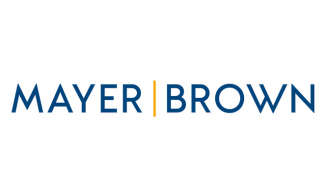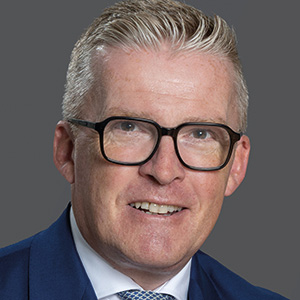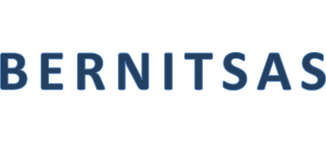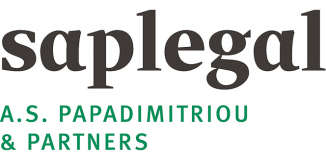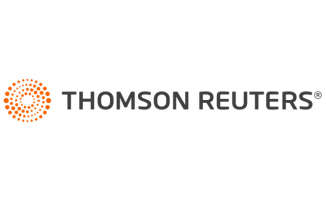Alburquerque discusses the creation of new M&A structures in the Dominican Republic
Upon overcoming the 2020 pandemic period, the Dominican Republic has experienced a significant increased activity in the creation of new M&A structures. These operations have been mainly motivated in growth seeking, as means of the businesses to diversify their activities; or in the search of resources, to speed up the post-covid recovery; and lastly to look for new ways of investment by shareholders seeking to change or expand their strategies.
Legal scenery
In the Dominican Republic, the processes for mergers and acquisitions are mainly regulated by the Commercial Societies Law No. 479-08 of 11 December 2008, modified by Law 31-11 of 9 February 2011. Law 479-08 establishes the possibility to transfer the patrimony of one or more company into a pre-existing company or within the creation of a new special purpose vehicle.
Other than defining the process, there are no specific provisions regulating, prohibiting, or restricting mergers and acquisitions in the Dominican Republic. Nevertheless, it is relevant to consider specific sectors and industries where special laws establish a previous authorisation or communication to be provided before the regulated authority, and define, either directly or indirectly, the management process thereto. Among them, we find the following regulations:
- General Electricity Law No. 125-01, empowers the Superintendent of Electricity to authorise mergers and acquisitions for electric companies.
- General Telecommunications Law No. 153-98, requires telecommunication providers, the authorisation of the INDOTEL for the transfers, use or ownership of the concessions and licenses granted for operation.
- Financial Monetary Law No. 183-02, demands the prior authorisation of the Monetary Board for mergers, absorption, and excision of financial entities.
- Insurance and Surety Law No. 146-02, requires companies to apply for authorisations, prior to any transfer or acquisition of shares, as well as for mergers before the Superintendence of Insurances.
- Securities Law No. 19-00 and its modification by Law No. 249-17, where the National Council of the stock market must know and approve any process related to merger or change of control over the participants of the securities market. Concerning the investment funds, the Superintendency of Securities must approve the process.
Regardless of the industry or sector, in every M&A transaction, it is also recommended to consider Law 42-08 of Competition, which contemplates the basis of every transaction that must be executed within the terms of fair competition. This law, however, does not prevent companies from entering a process of reorganisation or acquisition.
On the other hand, it is mandatory to move forward under the magnifying glass of the recently approved and in force Law No. 155-17 against money laundering and financing of terrorism, which prohibits cash payment for probably every transaction that include the transfer of goods, and also demands the stakeholders involved in an M&A process, lawyers included, the proper execution of a due diligence.
Tax neutrality
As a result of this dynamism of transactions, the Dominican tax administration has recently provided General Norm No. 1 of 4 January 2022, related to reorganisation of companies. This legislative piece comes to complement the Dominican tax code, the Law of Companies and the decree No. 408-10 related to business reorganisation. In particular, the object of this law seeks to establish the conditions for the application of fiscal neutrality at the procedures of reorganisation of commercial societies, including the request of approval before the tax administration, the taxes to be exempted, the transfer of assets, and the criteria to be fulfilled to be considered a neutral operation, as well as the post-operation effects.
Of such relevance have become the M&A transactions in the country, that the norm also considers for the first time the establishment of special particularities to accept transnational business reorganisations considering the fiscal neutrality, in the case of assets and liabilities if the foreign company has a legally created permanent establishment in the country. Nevertheless, the transactions or reorganisation processes between companies, national or foreign, related to change of ownership, shall not be considered as neutral operations.
Due diligence
The performance of an adequate due diligence process is always recommended, before executing any transaction related to any merger or acquisition process. In our firm’s experience, some of the most relevant areas of analysis via a process of due diligence should include:
- Corporate status of the companies involved. Including, not only the bylaws and fulfillment of formalities by the involved parties, but also a review of any shareholders agreement that may consider any restriction or a specific procedure for this type of operations.
- Financial and tax situation of the companies and the assets involved.
- Operational and contract relations, including their obligations and possible impact on the transaction (including licences or concessions).
- Environmental issues, risks or contingencies, variable according to the type of business and transaction.
- Ownership of real estate property and moveable assets, as well as their status, liens or encumbrances, warranties.
- Litigation and conflict solution procedures, open or imminent.
- Licenses, permits, concessions.
For these activities, it is necessary to count on local expert advisors, from legal to tax to special matters consultant in some cases, to secure a successful transaction and long-term tranquility on a post-operation business.
M&A perspectives
Despite the current panorama does not reveal major deals M&A transactions in the last couple of years, there has been a great dynamism in the country concerning M&A projects for medium-sized and big multinational companies, including mostly the execution of transactions to absorb or acquire shares and assets from locally established companies, and to expand activities in the country and the region.
The direct foreign investment during the last period of April 2021-September 2022 reflects a sustained increase in areas of energy tourism, industrial, mining, real estate and free zones according to our central bank statistics department. This dynamic reflects the implementation of M&A strategies and structures to make the investment a reality. As witnesses and part of transactions of this nature, we assure there is certainty and legal security for this type of operations to continue.
Authors
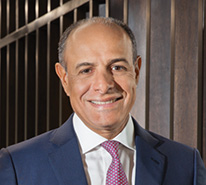
Jose Manuel Alburquerque Prieto
Managing Partner
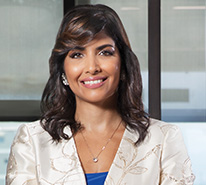
Gina A. Hernandez Volquez
Corporate Business Partner









